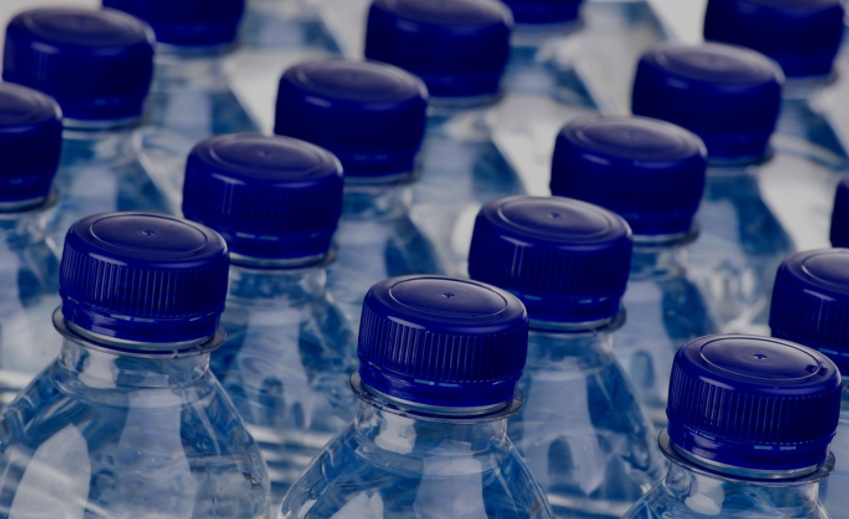Should supermarkets and drink companies pay for plastic recycling?
The Environmental Audit Committee in the UK has issued a report suggesting the adoption of the ‘polluter pays’ principle forcing retailers and drink firms to pay for the recycling of the plastic waste they create.

The Environmental Audit Committee in the UK has issued a report suggesting the adoption of the ‘polluter pays’ principle forcing retailers and drink firms to pay for the recycling of the plastic waste they create.
The report argues that out of the 13 billion plastic bottles a year, only 7.5 billion are recycled, creating a wide gap between recovered plastic and plastic which ends up in landfills and in the ecosystems.
Mary Creagh, Chair of the environmental audit committee, said: “Urgent action is needed to protect our environment from the devastating effects of marine plastic pollution, which if it continues to rise at current rates, will outweigh fish by 2050”.
Therefore, the report stresses the need for increased government intervention to tackle the problem suggesting that companies which contribute to plastic pollution should bear the costs of managing it.
According to the report, UK companies that produce waste pay very little towards its recycling. More specifically, they pay one of the lowest contributions in relation to other European countries.
Under the Producer Responsibility Obligations regulation, producers pay 10 percent for the recovery of the waste they produce, with the rest 90 percent of recycling costs covered with taxpayers’ money.
MPs said: “The Producer Responsibility Obligations do not make producers financially responsible for the packaging they are putting on the market. The committee is calling on the government to adopt a producer responsibility compliance fee structure that rewards design for recyclability and raises charges on packaging that is difficult to recycle.”
The report also made a strong argument about the benefits of deposit return schemes (DRS), explaining that successful schemes could divert at least 700,000 plastic bottles from the landfill.
“Fewer than half of councils provide on-street recycling bins. The UK needs an effective system to capture all plastic bottles not just those disposed of in household waste. We, therefore, recommend the government introduce a well-designed DRS providing an economic incentive for consumers to recycle plastic bottles.”
Indeed, Michael Gove, the Environment Secretary has called for an initial consultation on the efficacy of DRS schemes, and they are expected to be part of the measures he will announce next year.
The recent Chinese ban on mixed plastic waste imports from the UK makes the investment in such schemes “urgent to avoid a huge increase in landfill” since the UK exports approximately 320,000 tonnes of plastic waste every year.
In addition, the report demands the UK government to establish a law making it illegal for plastic bottles not to contain at least 50 percent recycled plastic by 2023.
You can access the full “Plastic Bottles: Turning Back the Plastic Tide” report here.




